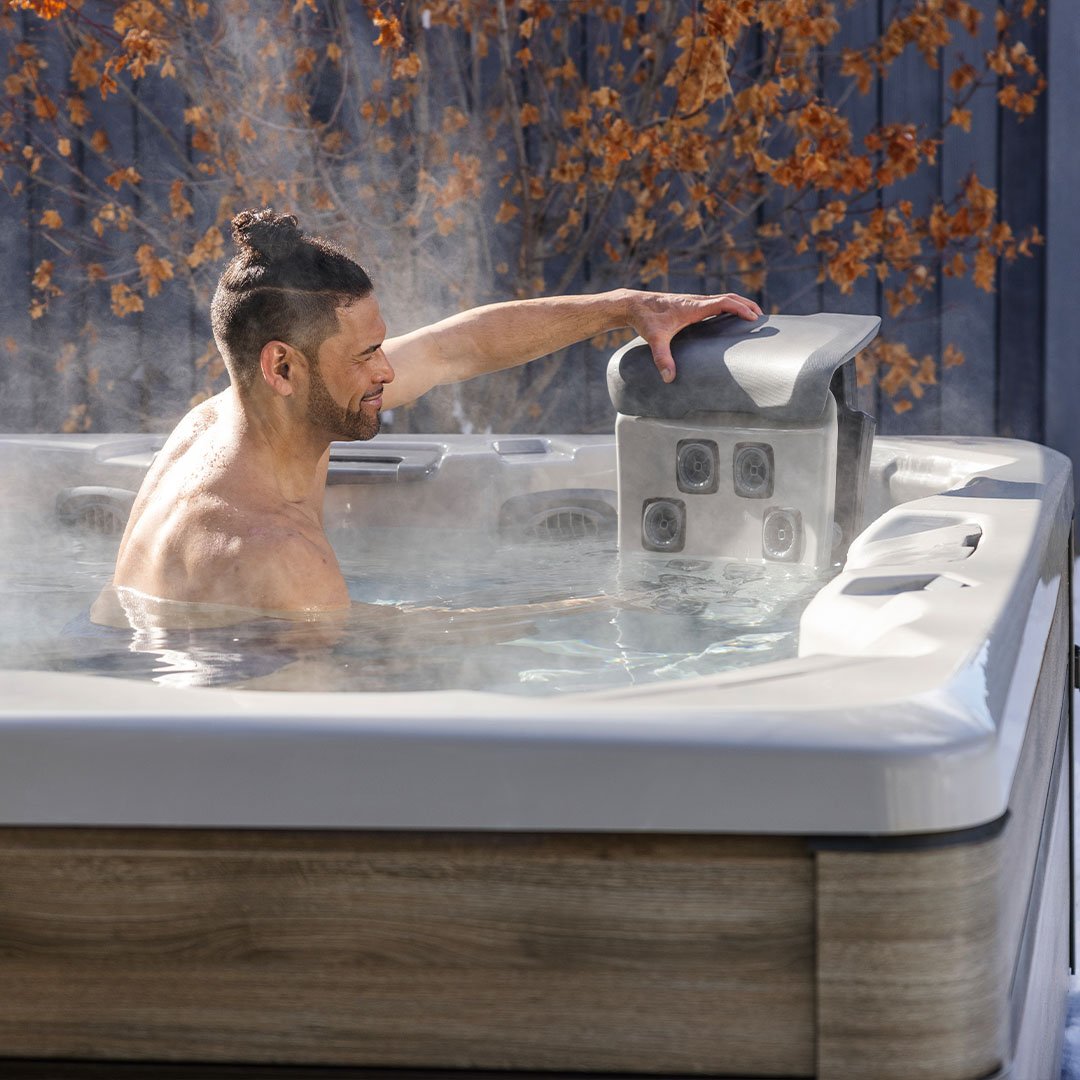Hot Tub Chemical Safety Tips: Ensuring a Safe and Relaxing Experience
Owning a hot tub can be a luxurious and relaxing way to unwind, but maintaining it involves more than just keeping the water warm and inviting. Proper use of chemicals is critical to ensure your hot tub remains a safe and clean environment. Misusing these chemicals can lead to health hazards, so it's crucial to handle them with care and knowledge. In this article, we'll cover essential hot tub chemical safety tips to help you enjoy your spa worry-free.
Why Hot Tub Chemical Safety Is Important
Hot tub chemicals are vital for maintaining the balance of your hot tub's water, preventing harmful bacteria and algae growth, and keeping the water clear and safe for use. However, incorrect usage can cause skin irritation, respiratory issues, and even damage your hot tub. Understanding how to safely handle and store these chemicals is key to ensuring a healthy and pleasant hot tub experience.
1. Understand the Basics of Hot Tub Chemicals
Before diving into specific safety tips, it's important to understand the key chemicals used in hot tubs:
- Chlorine/Bromine: These are sanitizers that kill bacteria and other pathogens in the water.
- pH Adjusters: These chemicals raise or lower the water's pH to keep it balanced, preventing corrosion or scaling.
- Shock Treatments: Hot tub shock is used to oxidize contaminants and refresh the water, usually done weekly.
- Alkalinity Increaser: Helps stabilize pH levels, ensuring they don’t fluctuate too much.
- Calcium Hardness Increaser: Prevents damage to the hot tub's equipment by maintaining proper calcium levels.
2. Always Read and Follow the Instructions
Every chemical product comes with specific instructions for safe use. Always read the label carefully before using any chemical. The instructions will provide crucial information on how much to use, how to add it to your hot tub, and any safety precautions you should take. Never assume that one chemical can be substituted for another.
3. Store Chemicals Safely
Proper storage of hot tub chemicals is essential to avoid accidents:
- Keep in a Cool, Dry Place: Store chemicals in a well-ventilated area, away from direct sunlight and moisture, which can cause them to degrade or react.
- Separate Storage: Store chemicals in their original containers and keep them separate from each other to prevent dangerous reactions.
- Out of Reach of Children and Pets: Ensure that chemicals are stored securely, away from curious hands or paws.
4. Use Protective Gear When Handling Chemicals
When handling hot tub chemicals, it's advisable to wear protective gear to prevent accidental contact:
- Gloves: Protect your skin from irritation.
- Goggles: Prevent splashes from getting into your eyes.
- Mask: If you’re sensitive to fumes, a mask can help you avoid inhaling chemical vapors.
5. Measure Accurately
Using the right amount of chemicals is critical for maintaining water safety:
- Follow Dosage Instructions: Use the recommended amount of each chemical as per the instructions. Overuse can cause skin irritation or damage to your hot tub, while underuse may not adequately sanitize the water.
- Use a Dedicated Measuring Cup: Never guess the amount. Always use a dedicated measuring cup that is clearly marked for hot tub chemicals.
6. Add Chemicals in the Correct Order
The order in which you add chemicals to your hot tub can make a difference:
- Water First: Always add chemicals to water, not the other way around, to avoid dangerous splashes.
- Add One Chemical at a Time: Adding multiple chemicals simultaneously can cause harmful reactions. Wait for each chemical to dissolve completely before adding the next one.
7. Keep the Hot Tub Covered
When not in use, keep your hot tub covered. This prevents debris from getting into the water, which can affect chemical balance, and also reduces the evaporation of chemicals, keeping the water safe for longer periods.

8. Test Water Regularly
Regular testing is vital to ensure your water's chemical balance is safe:
- Use Test Strips: Test your hot tub water at least once a week. Check the levels of chlorine or bromine, pH, alkalinity, and calcium hardness.
- Adjust as Necessary: Based on the test results, adjust the chemical levels to maintain a safe and comfortable environment.
9. Know What to Do in Case of an Emergency
Accidents can happen, so it’s important to be prepared:
- In Case of Contact with Skin or Eyes: Rinse immediately with plenty of water and seek medical advice if irritation persists.
- Inhalation: If chemical fumes cause dizziness or breathing difficulties, move to fresh air and seek medical attention if symptoms persist.
- Spills: Clean up chemical spills immediately using appropriate materials, and dispose of them according to the product's guidelines.
Maintaining a Safe and Enjoyable Hot Tub Experience
Proper chemical safety is essential for ensuring that your hot tub remains a relaxing and safe retreat. By adhering to the tips outlined above, you can confidently manage your hot tub's water quality and avoid potential hazards. For more detailed information on the specific chemicals needed for your hot tub, check out our comprehensive guide on hot tub chemicals.
Frequently Asked Questions
How often should I test the water in my hot tub?
You should test your hot tub water at least once a week, or more frequently if the tub is heavily used.
Can I mix different hot tub chemicals together?
No, you should never mix different chemicals together. Always add them separately to avoid dangerous reactions.
Topics: Spas and Hot Tubs











